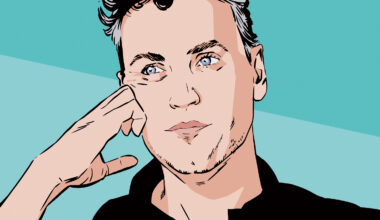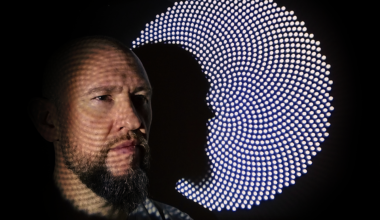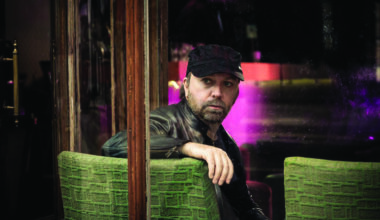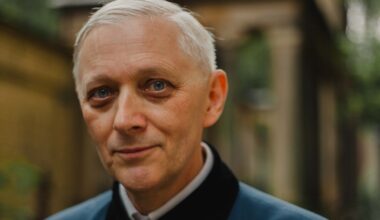Graham Fellows, the man behind Jilted John and John Shuttleworth, talks us through his formative influences
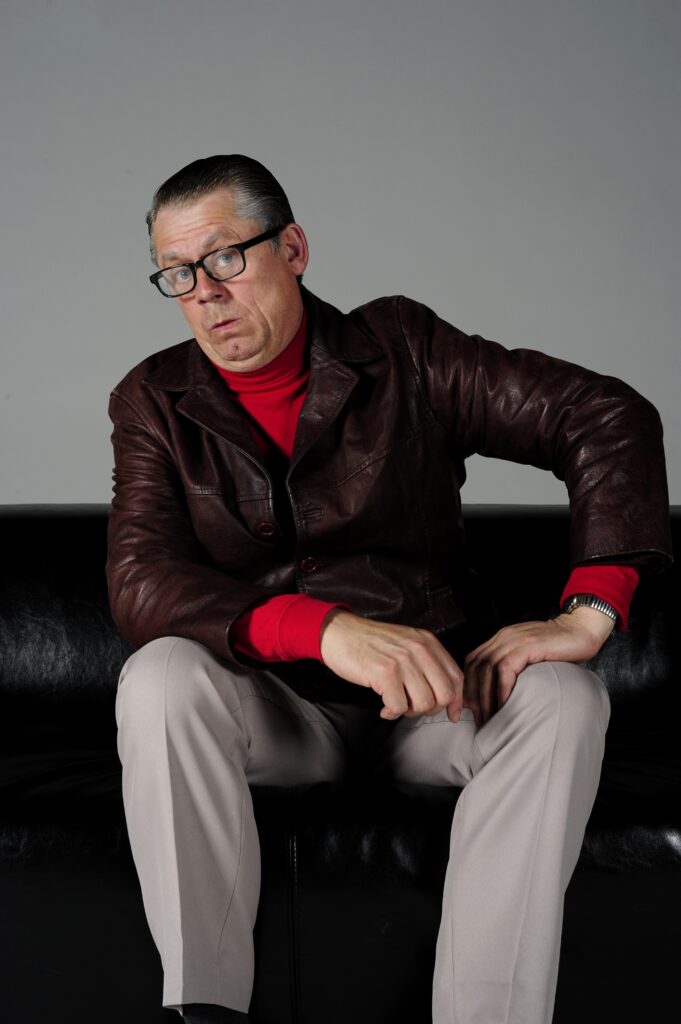
1970s Mike Leigh
“I’m quite jealous of Mike Leigh because everything he does gets a big kiss on his bottom from the critics. I’ve slightly lost touch with what he does now, which I’m a bit ashamed about, but all his TV plays in the 70s, notably ‘Abigail’s Party’, ‘Grown-Ups’ and ‘Nuts In May’, had a big effect on me, and informed the world of John Shuttleworth.
“Mike Leigh rang me up once. It came off the back of knowing the actor Phil Davis, who was in quite a few of his plays. I’d made my own little play with a character who ended up being the prototype of Shuttleworth. I used similar methods, where you choose a character, whittle it down, and so on. So we chatted on the phone for about half an hour about this play and he told me everything that was wrong with it! He had the kindness to do that.
“I started to part company with his work when it got a bit doom-laden and the comedies became too serious. In fact, I nearly walked out of ‘Naked’ because I was outraged by the violence of it, the treatment of women and the general bleakness, but then I caught it about five years ago and I thought, ‘My God, he’s a prophet’. He was anticipating how cut off and alienated we, as a society, would become. At the time, I didn’t believe there were characters like that, but I do now.”
Round And Round
“‘The Strange Last Voyage Of Donald Crowhurst’ by Nicholas Tomalin and Ron Hall had a profound effect on me when I was younger and it still resonates today. It’s a true story about a sea voyage, in which Crowhurst plans to sail non-stop around the world in a small catamaran, and win a race in order to get a bit of fame and save his ailing business. But he’s going too slowly and can’t win, so he cheats and pretends he’s going around the globe even faster when in fact he’s just going round in circles in the mid-Atlantic. Eventually, when he realises his fraud is going to be discovered, he goes mad and commits suicide at sea.
“Crowhurst’s tragic voyage is a brilliant metaphor for the indecision that we all feel at times in our lives. It was 1969, there was no GPS, and nowadays you couldn’t get away with it. He might have got away with it, but events seemed to conspire against him like a Greek tragedy. His body was never recovered, but the boat was found floating in the Sargasso Sea. He kept several journals, including one of his fake progress.
“This was my specialist subject on ‘Celebrity Mastermind’. I was second after the first round, but then during the general knowledge round I slipped up. I was asked, ‘What is the only mammal capable of true flight?’ and in my defence I don’t think I heard the word ‘mammal’ because I blurted out ‘birds’.”
‘The King Of Comedy’
“I just couldn’t believe Robert De Niro’s performance as a comedian or that he could be so refreshingly funny. But since then he’s done quite a few comedy films where the script hasn’t been sharp enough, and I wish he’d kept his comedy roles to just that one movie.
“It’s the detail in the film that informs my work. There’s a scene where De Niro as Rupert Pupkin is in a cafe talking to Rita [Diahnne Abbott] and he’s telling her what he’s going to do for her when he becomes the king of comedy. In the background, slightly out of focus, there’s a big fat bloke sitting having a meal and he starts copying Pupkin. It’s not something you notice straight away, it’s an extra bit of detail. Another detail is when Pupkin is looking up at the ceiling in the TV studio reception, admiring the cork finish. Shuttleworth often looks at ceilings and examines them when he enters the room.”
It’s Nice Up North
“I really loved arriving in Manchester during the hot summer of 1976 for a drama course at the Manchester Youth Theatre. I remember riding on a battered old Honda 50 and the roads seemed deserted. When I go back now, there’s gridlock, but I remember the roads being really free and grid-like.
“Punk was coming through and I felt really creative and met some really great people. So much happened that summer, like nearly losing my virginity! I was living away from home for the first time in a shared house, making my own tea with ingredients that I’d bought myself. The excitement of that can’t be overstated.
“Manchester outgrew me and I outgrew Manchester, but I’m very grateful to it because it shaped me. It was a great creative space to be in. I wrote what became a very cult album called ‘Love At The Haçienda’ in 1985. I’m slightly embarrassed by it, because I think it’s a bit wet and my voice is a bit high, although my girlfriend loves it.
“There’s a lyric, ‘Here in this wonderland / The young Mancunians are so trendy / But the crowded floor seems empty / Because love isn’t there’, which I think slightly anticipated the whole Madchester thing that happened a few years later with all the drugs and the guns coming in. I left Manchester in 1987 and moved to Alexandra Palace, which seemed much cosier.”
Yamaha PSS Organs
“The Yamaha PSS range was an absolute blessing for me. It’s funny because the PSR range, which came after, was supposed to be more professional sounding, but it was useless for comedy. They’re like posh karaoke backing tracks with no percussive fun pads or animal sounds.
“The PSS range was brilliant, and I think it reached its pinnacle with the 680. My God, they really got creative with that one, especially with some of the fills. My agent approached Yamaha UK and asked if they wanted to sponsor John Shuttleworth and they didn’t particularly, but they did send me a free organ, which was this PSS-51. And that’s been my organ of choice since 1993.
For more informaton, visit shuttleworths.co.uk

